"Trust your gut"—you've always heard this phrase, and it’s for all the right reasons. The gut is also known as our "second brain" due to the complex nervous system that controls a plethora of bodily functions. The importance of a healthy gut is always closely associated with a healthy digestive system, but did you know that it plays more roles than just that? One of its functions is to play a part in our bone density. It may come as a surprise, but our gut microbiome plays an important role in keeping our bones healthy throughout our lifetime. This is why, along with bone health supplements, you can also benefit from prebiotics and probiotic supplements. Let’s uncover the amazing things our gut does for us and how probiotics support this process!
What Exactly is the Function of the Gut?
Apart from improving digestion—the function that we’re all familiar with—the gut also carries out the task of absorbing nutrients from the food we eat and transporting them to the respective cells in the body. Now, when it comes to bone health, minerals like calcium and phosphorus are what give the bone its density or "hard" nature, whereas collagen is what ensures its flexibility. Each of these nutrients is produced in the body or is expended through the food we consume. This is where the gut’s role in bone density comes into play.
If your gut isn't functioning well due to a variety of reasons like gut inflammation, leaky gut, malabsorption, etc., it can affect your bone mass over time.
Bone Health
One of the most concerning bone health issues is the rise in cases of osteoporosis. In 2022, it was reported that about 61 million people in India had osteoporosis - a condition that causes fragile bones. Out of these, 80% of the cases were found in women. Osteoporosis is also one of the common bone-related ailments that come with age, which is why it becomes so imperative to focus on bone mass while we still can.Even if you don't have gut issues or are still young, a prebiotics and probiotics supplement or a bone health supplement in your 30s may be beneficial to Improve bone density
Osteoporosis is a bone condition in which the bone becomes brittle, weak, and prone to fracture (breakage). Osteoporosis affects both genders, but the rate of osteoporosis in females is higher than in males, especially after the post-menopause phase. This happens as the estrogen levels in women, which are responsible for bone homeostasis, decrease post-menopause.
In our bodies, there are two types of cells that maintain bone health:
- Osteoblasts: bone-forming cells
- Osteoclasts: bone tissue-breaking cells.
The body tries to maintain a balance between both cells for optimum bone health.
During early childhood, the rate of bone building is greater than the rate of bone tissue breakage. As we age, this process reverses the rate of bone building and increases bone breakage. If too many bones are broken, it leads to osteoporosis.
Calcium and collagen contribute majorly to improving bone density. Collagen acts as a soft tissue on which hard calcium is laid to provide strength and hardness.
The majority of your calcium (around 99%) is present in the bones. 1% of the calcium is present in the circulatory system (blood). This 1% of circulating calcium is extremely important for vital functions of the body like muscle contraction, nerve conduction, and blood clotting.
Note: The heart is a type of muscle, and it needs adequate circulating calcium for its optimum functioning.
Parathyroid hormone (produced in the parathyroid gland in the neck) is responsible for maintaining this circulating calcium in the blood.
When these circulating calcium levels drop in the blood, parathyroid hormones dictate the osteoclasts to remove calcium from our bones to maintain it.
Vitamin D is important for the absorption of calcium inside the gut. Vitamin K2 is another nutrient responsible for moving calcium into the bones from the bloodstream and blood vessels, thereby preventing excess calcium buildup in the blood.
Role of Gut Microbes in Bone Health
Gut microbiomes can impact this osteoporosis in both positive and negative ways. Let's understand in detail.
In our gut, there are numerous microorganisms. These are good ones as well as bad ones. Having a good balance of these microbiomes helps us with the smooth functioning of the digestive tract, the release of certain hormones, and the building of a strong immune defense.
When we eat food, it enters our gastric system for digestion. The body then absorbs the nutrients from these foods and passes the fiber to the friendly bacteria in our gut. These friendly bacteria (probiotics) digest fats from food and convert them into SCFAs (short-chain fatty acids). These short-chain fatty acids, specifically butyrate, stimulate the production of osteoclasts (bone-building cells) by stem cells (in-house cell storage system). Simultaneously, it inhibits the actions of osteoclasts (bone-breaking cells), increasing bone density. Thus, gut microbes and probiotics help in the prevention of osteoporosis and improve bone density.
However, if the nonfriendly or harmful bacteria are fed, they can lead to a leaky gut (allowing harmful foreign bacteria inside the system) by damaging the gut lining. It can also produce inflammatory substances that travel through the bloodstream. This inflammation in the body triggers the activity of osteoclasts (bone-breaking cells), decreasing bone density.
Healthy microbes also help in the production of Vitamin K2. This vitamin K2 is responsible for moving calcium from the circulatory system into the bones. It contributes to bone density by decreasing calcium build-up in blood vessels.
External Sources of Probiotics
Getting a healthy dose of fermented foods in your diet is a great way to add probiotics through a natural source. They contain live cultures that feed the healthy gut as well as promote the production of good bacteria for wholesome digestive functioning. The involvement of probiotics in the synthesis of vitamins indicates that they're also involved in the metabolism of minerals like calcium via vitamins like D, C, and K, and also folate.
A few food sources of these probiotics are
- Yogurt
- Buttermilk
- Cottage cheese (Paneer)
- Miso
- Sauerkraut
- Tempeh
- Nato
Studies Supporting Probiotics' Role in Bone Health
Studies show that a certain strain called Lactobacillus reuteri ( a probiotic) has shown signs of reducing bone loss. It also showed a reduction in proinflammatory cytokine levels, which progressively causes decreased bone volume. Another study also demonstrated that a strain known as Lactobacillus plantarum (probiotic) was successful in reducing or inhibiting the effects of bone loss that occur in cases of osteoporosis. Several such strains have shown improvement in bone mass and bone density, especially in women who are more susceptible to osteoporosis. They are also known to increase calcium absorption, reduce inflammation, and keep our bones functioning well as we age.
Eating Prebiotics to Fuel Probiotics
Probiotics for bone health help to function better and grow, we need to feed them with prebiotics, i.e., the good bacteria that improve gut health. You should also watch your prebiotic food intake for the probiotics to thrive. Some of the most potent prebiotic foods include garlic, onions, asparagus, and bananas. While whole foods can also help the gut stay healthy, some of us may need additional help. Here’s where prebiotics and probiotic supplements come to the rescue. In these cases, probiotic capsules, prebiotics, and probiotic supplements can be a great boon for our lifestyle. Look for bone health supplements that include resveratrol, digestive enzymes, vitamin D, and active cultures to keep your gut and bones happy!
Wrapping Up
The gut microbiota has a significant impact on general health, including bone health. We can encourage the development and upkeep of strong, healthy bones by supporting a healthy gut with a balanced diet, regular exercise, and the incorporation of probiotics and prebiotics. We can get the minerals and vitamins for bones and joints from our food sources or via bone health supplements. These include vitamin D, calcium, vitamin K2, resveratrol, phosphorus, and magnesium, to name a few. Therefore, a diet that encourages the release of digestive enzymes necessary for processing nutrients in our gut should also be our aim while setting up a meal plan. Many digestive enzyme tablets are also available on the market to speed up this process. The goal is also to foster strong, healthy bones and general well-being by adding bone-supportive nutrients to our diets and supplement routines.
—
References:
https://www.ncbi.nlm.nih.gov/pmc/articles/PMC5710820/
https://pubmed.ncbi.nlm.nih.gov/34727681/
https://pubmed.ncbi.nlm.nih.gov/29926979/
https://www.ncbi.nlm.nih.gov/pmc/articles/PMC3920759/
Gut microbiota: Definition, importance, and medical uses (medicalnewstoday.com)
What Are Probiotics? Probiotic Supplements, Foods, Uses, Benefits, and Safety (webmd.com)








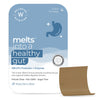







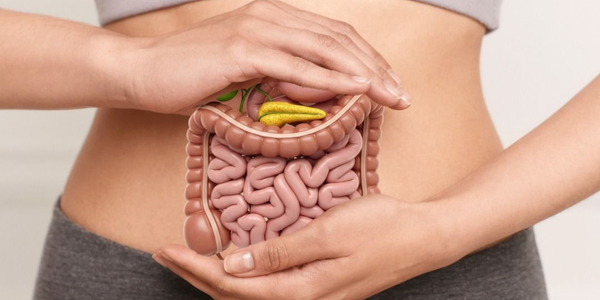

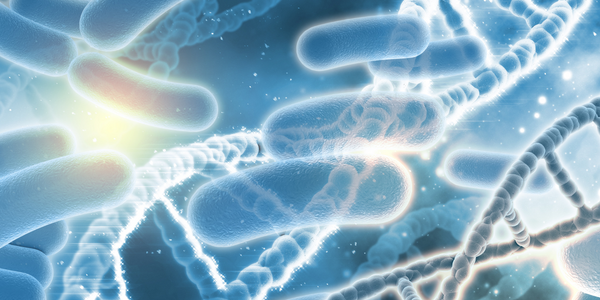

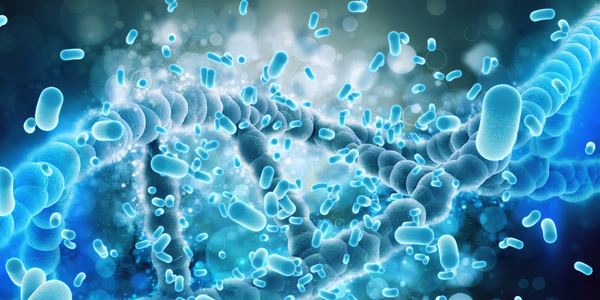
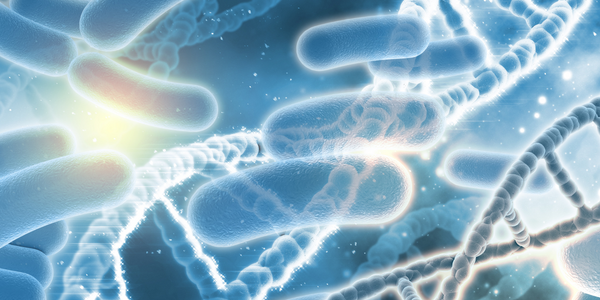







 DOWNLOAD NOW
DOWNLOAD NOW

Leave a comment